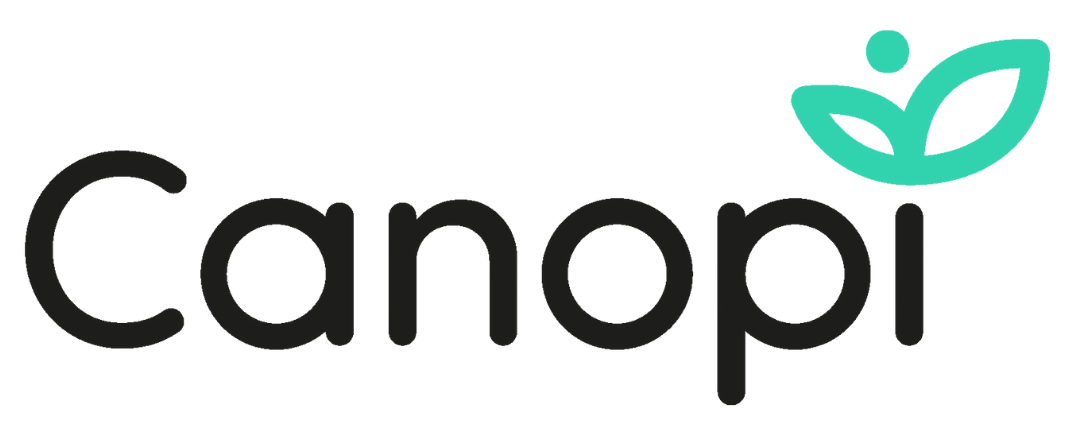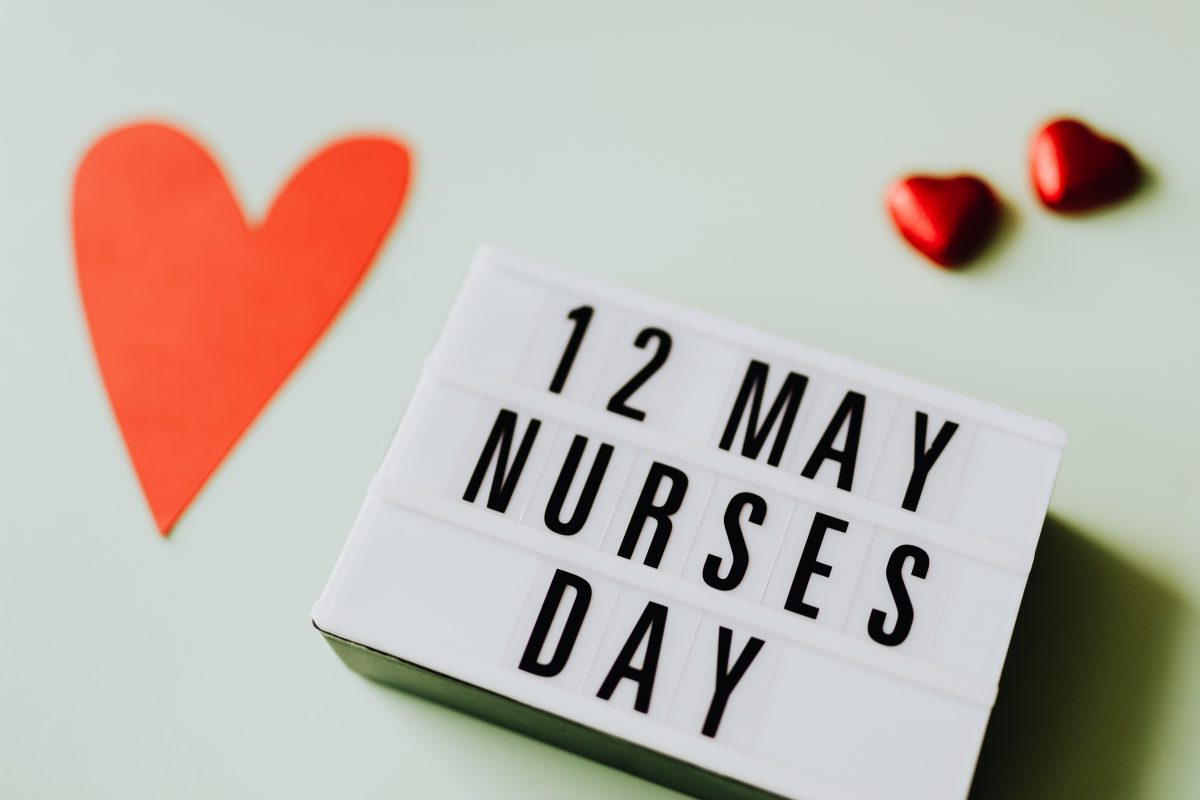The Addressing moral distress among nurses after the COVID-19 emergency (ASSISTANCE) study, funded by the Burdett Trust for Nursing, revealed a high level of moral distress in nurses during the COVID-19 pandemic, and an overwhelmingly positive response to mental health support delivered by mental health practitioners with specialist skills in cognitive behavioural therapy.
It is hoped that these findings will raise awareness of moral distress in nurses and impact future training, practice and intervention.
What is moral distress?
Moral distress is a term used to describe psychological unease due to facing moral dilemmas, conflict or tension in the workplace. In some cases, moral distress can lead to moral injury (read more).
Professor Chris Bundy, an ASSISTANCE project researcher said, “COVID-19 brought NHS working conditions into sharp relief, whether that be staff shortages or lack of equipment…”
Nurses reported these working conditions made them unable to care for their patients properly during the Pandemic, resulting in a high level of moral distress.
Measuring distress levels in nurses
Of the 278 nurses who responded in the online survey, 75% displayed symptoms of mild depression and 69% displayed symptoms of anxiety.
High levels of moral distress at work were reported particularly by those who were redeployed during the pandemic, cared for more than 40 COVID-19 patients and those who intended to leave the profession.
Many reported that they felt unprepared for the distressing challenges that the pandemic brought, such as delivering bad news to family members who were unable to say goodbye to their loved ones in hospital and providing good end of life care.
Furthermore, both qualified nurses and nursing students felt that the level of support offered in the workplace gradually diminished throughout the pandemic.
It wasn’t just trauma at work and workplace tensions that had an impact, many situations experienced during the pandemic effected both work and home environments. An inability to care and personal trauma such as family deaths, relationship breakdowns and miscarriage also contributed to the poor psychological wellbeing of nurses.
New mental health support for nurses
During the pandemic, free, confidential mental health support was made available for nurses in Wales through a service called Health for Health Professionals Wales (now known as Canopi). Canopi offers NHS and social care staff working in Wales access to free, personalised, and confidential mental support on a self-referral basis.
The second phase of the study aimed to assess the impact of the provision of this type of service on nurses’ psychological wellbeing. Information was obtained through 20 in-depth interviews with registered nurses.
Four main themes were identified from the interviews:
- COVID changed nursing conditions for the worse. Nurses often felt helpless andunable to prevent or palliate the effects of COVID-19 for their patients. Some worked additional hours or gave up annual leave to meet the increased demands of work.
- Confidential, bespoke mental health support gave nurses a space to be vulnerable and helped them to overcome the stigma of accessing mental health support by encouraging open discussion and asking them to reject ‘idealised’ versions of themselves as ‘superhuman’.
- Mental health support made a difference to nurse’s lives by validating their experiences. Some reported that the issues causing distress still exist but people felt more empowered to deal with them.
- Mental health support was perceived as broadly accessible, efficient, and personalised. Nurses would recommend this type of service to colleagues.
Get involved
The next phase of the ASSISTANCE study will be to use the research findings to inform the co-development of brief guidance to raise awareness of moral distress in nursing.
If you are a registered nurse or nursing student and would like to be involved in the process, register for the stakeholder event.
What next?
- Find out more about Canopi
- Read about the real-life experiences of health and social care workers in Wales
- Get access to free self-help tools and order Canopi posters for your workplace.

